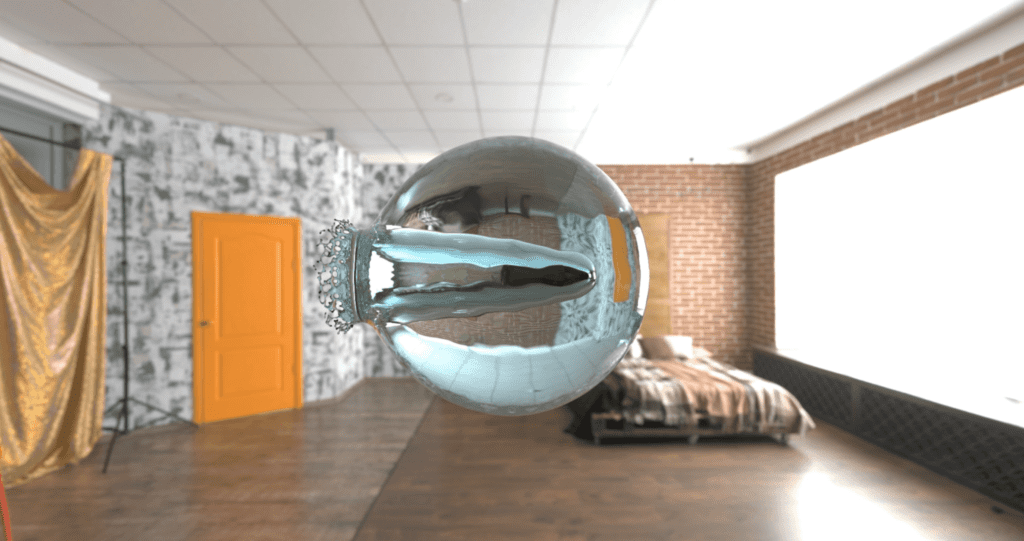Unlocking the Future of Robotics: Introducing Genesis
Researchers have taken a giant leap in the world of artificial intelligence with the unveiling of Genesis, an innovative and open-source simulation platform designed to enhance how AI systems learn to control robots. This groundbreaking tool is reshaping the landscape of robotics training, making it faster and more accessible than ever.
The Power Behind Genesis
At its core, Genesis cleverly integrates multiple physics solvers—the same sophisticated algorithms that make video game experiences so compelling—into a single robust framework tailored for training AI intended for real-world robotic applications.
What truly sets Genesis apart is its remarkable speed. Thanks to GPU-accelerated parallel processing, the platform can execute straightforward simulations at a staggering 43 million frames per second. To put that into perspective, one hour of using Genesis is equivalent to nearly ten years of training experience for an AI system! This phenomenal efficiency holds immense promise for accelerating the evolution of robotic capacities.
Simulating Real-World Scenarios
Picture this: an entire virtual world crafted from just text descriptions, complete with high-fidelity video footage, intricate camera movements, and interactive 3D spaces where robots can interact freely. That’s precisely what the Genesis team is working on, leveraging advanced vision language models (VLMs) to create realistic environments. This is more than just a simulation; it’s a pioneering method for teaching robots how to navigate the complexities of our physical world.
The demonstrations seen so far highlight Genesis’s capabilities: from generating lifelike character movements and teaching AI to handle various objects, to modeling the motion and interactions of soft-bodied robots in realistic situations.
Image: A selection of simulations that can be generated with Genesis. | Image Credit: Xian et al.
Accessibility for All
Genesis is built with accessibility in mind, using Python for both its interface and physics engine. This means researchers, regardless of their hardware, can partake in high-speed robot simulations. Best of all? The entire platform is completely free and open-source, with all documentation and code readily available on GitHub.
Experts Weigh In
While some critics question the grand ambitions of Genesis, Nvidia researcher Jim Fan, who contributed to the project, finds the potential incredibly exciting. "If an AI can control 1,000 robots to perform 1 million skills in 1 billion different simulations, it may ‘just work’ in our real world, which is simply another point in the vast space of possible realities," Fan shares. He emphasizes the effectiveness of simulations in robotics training, noting Genesis’s ability to handle vast amounts of data and create incredibly lifelike graphics.
However, Fan acknowledges there are hurdles to jump, particularly in simulations requiring high degrees of dexterity and substantial physical interaction. Even with these challenges, Genesis is poised to be the "virtual cradle for embodied AI," setting a robust foundation for future advancements.
The Road Ahead
The advancements brought forth by Genesis could very well redefine robotic training and applications across various fields, from industrial automation to smart home technology. As this platform evolves, it will enable more researchers and enthusiasts to explore the capabilities of AI in unprecedented ways.
The AI Buzz Hub team is excited to see where these breakthroughs take us. Want to stay in the loop on all things AI? Subscribe to our newsletter or share this article with your fellow enthusiasts.




